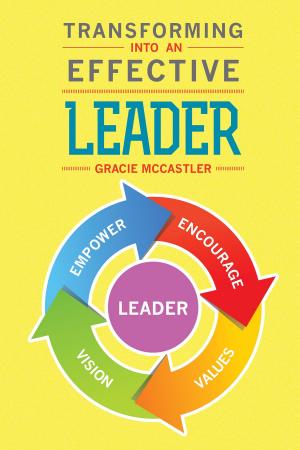Forensic Account and Ethics
Business & Finance, Marketing & Sales, Sales & Selling, Personal Finance| Author: | Kelly M. Kingsly PhD | ISBN: | 9781635254792 |
| Publisher: | Christian Faith Publishing | Publication: | May 18, 2017 |
| Imprint: | Language: | English |
| Author: | Kelly M. Kingsly PhD |
| ISBN: | 9781635254792 |
| Publisher: | Christian Faith Publishing |
| Publication: | May 18, 2017 |
| Imprint: | |
| Language: | English |
Ethical behavior is key in all strata of society that aspire for growth, development, and sustainable prosperity. The perception today is different because from the smallest social unit, which is the family, to the largest countries and corporations, there is a constant decline in moral standards.
Failures in corporation institution, collapse of countries, and reputed organizations are a result of breakdown in ethical standards. The perpetrators of corrupt practices in governments and reputed organizations are using modern-day tools that need high-level computer programs. Fighting these white-collar crimes is out of reach of traditional auditors, internal controllers, and weak business processes. Beyond building strong systems, focus on human capital is indispensable.
According to established scholars, the scope of forensic accounting, forensic accountancy, or financial forensics is the specialty practice area of accounting that describes engagements that result from actual or anticipated disputes or litigation. “Forensic” means “suitable for use in a court of law,” and it is to that standard and potential outcome that forensic accountants generally have to work. Forensic accountants, also referred to as forensic auditors or investigative auditors, often have to give expert evidence at the eventual trial. All of the larger accounting firms, as well as many medium-sized and boutique firms and various police and government agencies have specialist forensic accounting departments. Within these groups, there may be further sub specializations: some forensic accountants may, for example, just specialize in insurance claims, personal injury claims, fraud, anti-money laundering, construction, or royalty audit
Ethical behavior is key in all strata of society that aspire for growth, development, and sustainable prosperity. The perception today is different because from the smallest social unit, which is the family, to the largest countries and corporations, there is a constant decline in moral standards.
Failures in corporation institution, collapse of countries, and reputed organizations are a result of breakdown in ethical standards. The perpetrators of corrupt practices in governments and reputed organizations are using modern-day tools that need high-level computer programs. Fighting these white-collar crimes is out of reach of traditional auditors, internal controllers, and weak business processes. Beyond building strong systems, focus on human capital is indispensable.
According to established scholars, the scope of forensic accounting, forensic accountancy, or financial forensics is the specialty practice area of accounting that describes engagements that result from actual or anticipated disputes or litigation. “Forensic” means “suitable for use in a court of law,” and it is to that standard and potential outcome that forensic accountants generally have to work. Forensic accountants, also referred to as forensic auditors or investigative auditors, often have to give expert evidence at the eventual trial. All of the larger accounting firms, as well as many medium-sized and boutique firms and various police and government agencies have specialist forensic accounting departments. Within these groups, there may be further sub specializations: some forensic accountants may, for example, just specialize in insurance claims, personal injury claims, fraud, anti-money laundering, construction, or royalty audit















